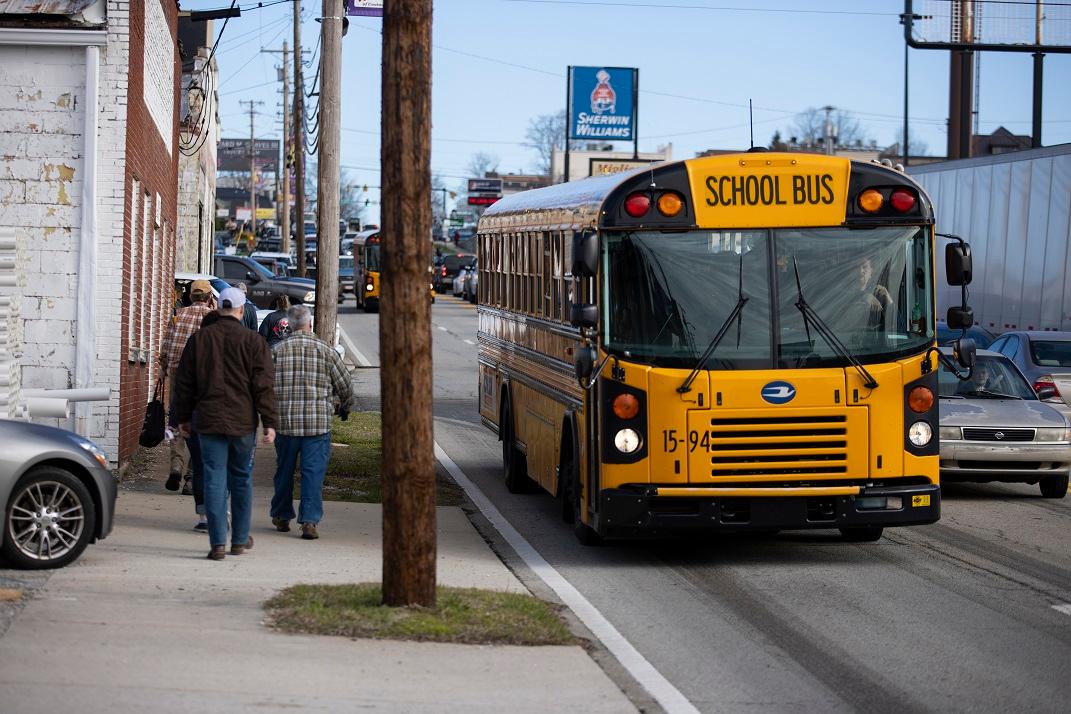A federal judge has temporarily blocked Tennessee’s government from enforcing a law that prohibits mask mandates in schools.
U.S. District Judge Waverly D. Crenshaw, an Obama appointee, on Friday issued a preliminary injunction in favor of a group of parents who argued that their children with disabilities are more susceptible to serious COVID-19 complications without universal masking.





